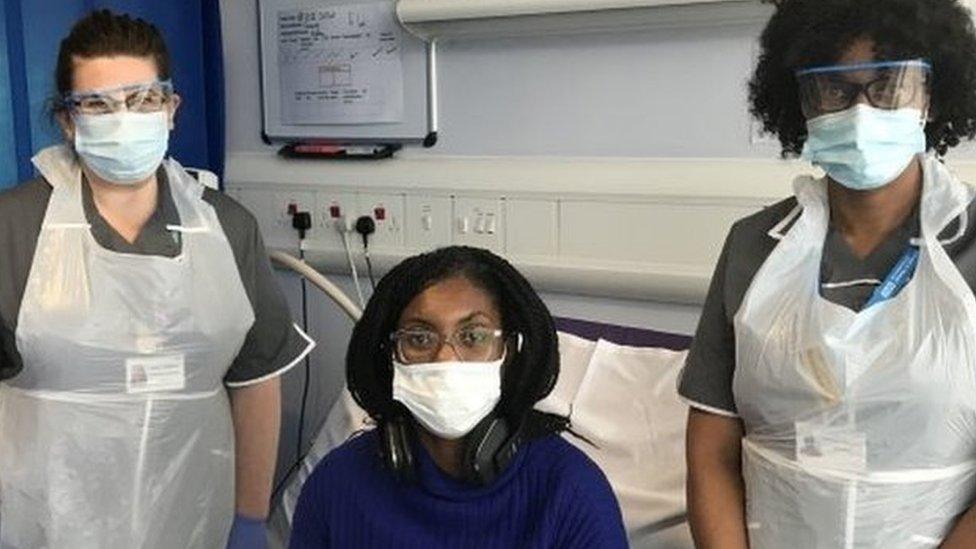Novavax vaccine trial puts paid to Iceland honeymoon
- Published
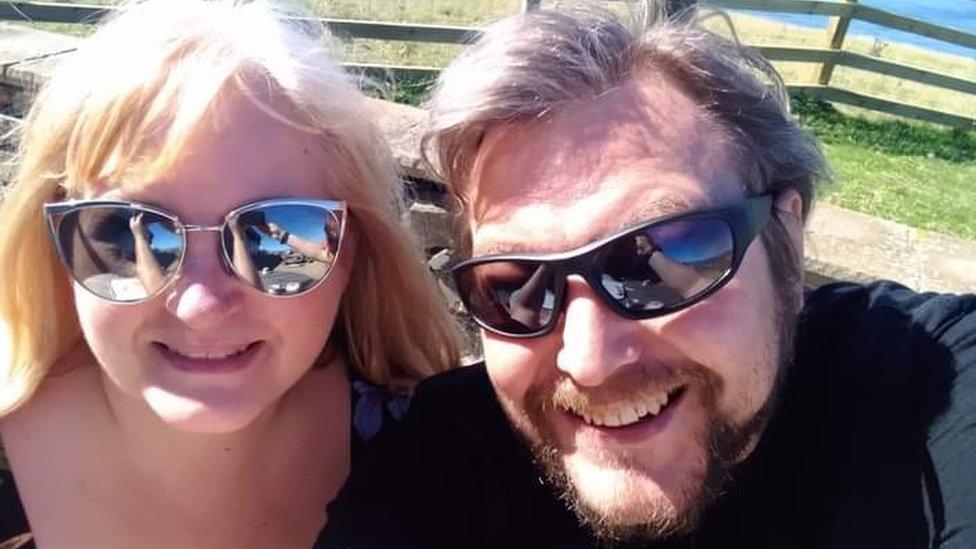
Peter Harris and Paula Watts have lost out on their "dream" trip to Iceland
A man says he is "gutted" he cannot go to Iceland for his honeymoon because he took part in a vaccine trial.
Peter Harris, from County Durham, received Novavax - which is not yet approved by many European countries - as a trial volunteer.
It means many countries will not accept the jab on their entry requirements. When he tried to book another vaccine he was refused on safety grounds.
Novavax said it hoped to file for approval across the world by September.
Mr Harris, from Consett, said he had opted to take part in the trial at the University Hospital of Hartlepool because he wanted to help with vaccine research.
The 47-year-old who works as a plant manager at a chemical company was given two vaccinations, three weeks apart, in October as part of a "blind trial" where half the participants were given a placebo.
Following the mass roll-out of vaccinations he decided to remain in the trial, and was given two more jabs in April, which were the opposite to his October jabs, so he said he knew he would have received Novavax at one of the two occasions.
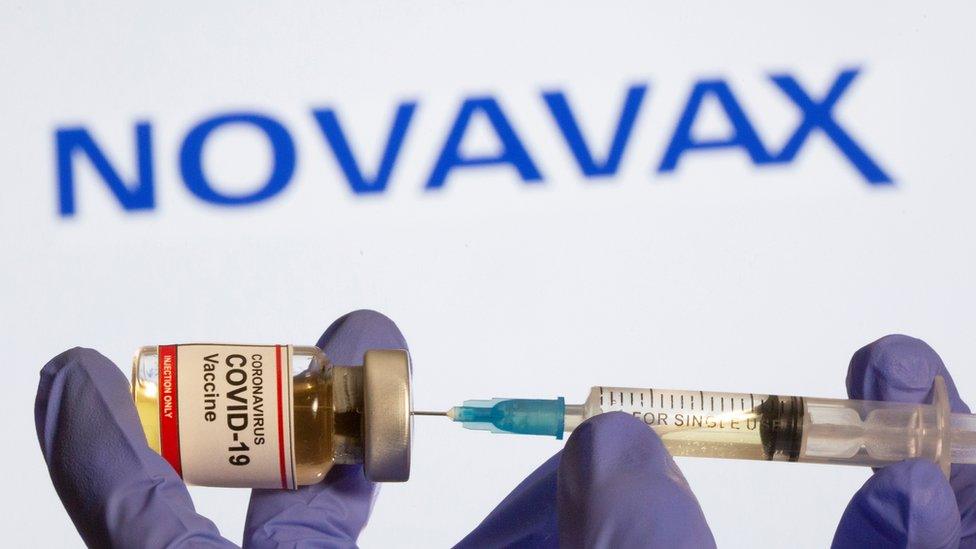
Novavax was shown to be 89.3% effective at preventing Covid in its Phase 3 UK trial
In January US-based Novavax posted positive results for its UK trial, and the government later confirmed 60 million doses were set to be produced at a factory in Stockton-on-Tees.
Mr Harris is set to marry his fiancée Paula Watts at the end of July and the couple were then due to fly out on what they said would be a "dream trip" to Iceland on 1 August.
Mr Harris said: "When we booked it last year initial entry requirements were a PCR test on arrival and then to quarantine for a day or so until a negative result, but then it changed to approved vaccines only.
"So I made an appointment at a local vaccination centre but when I got there they asked me if I'd taken part in a trial.
"Maybe I shouldn't have been honest, but I was, and said, 'yes', so they told me they wouldn't vaccinate unless Novavax gave the go ahead.
"So I rang the test centre and asked if they would agree, and they said 'no' - they couldn't guarantee it would not react with the authorised ones."
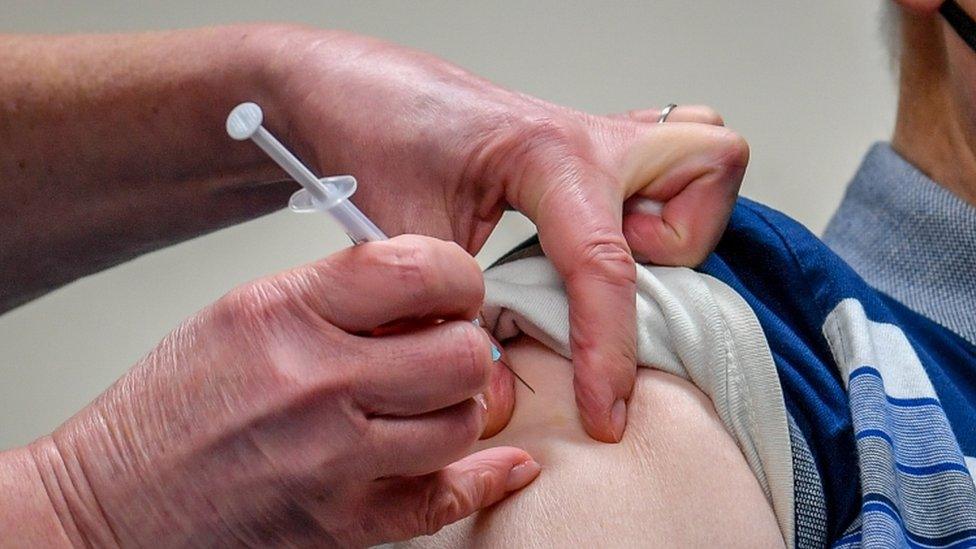
Mr Harris was unable to get an approved jab because he had been vaccinated with Novavax
He added: "We were really looking forward to the Iceland trip, have spent large amounts of money, but it's not so much the expense, we've invested a huge amount of time and effort in planning it, and now we won't get the opportunity.
"I can't believe how disappointed I am - I'm gutted."
Trial volunteers have previously criticised the fact there is no option on the NHS app for them to prove their vaccinated status for travel or events.
However, the government recently said it was "taking action" to address this.
A Department of Health and Social Care spokesperson said: "The NHS is urgently working on a technical upgrade to the NHS App to allow residents in England who have taken part in a clinical trial to demonstrate their Covid-19 vaccine status."
However, even when this does happen, it remains up to individual countries to set their own entry requirements, and most European ones will not accept vaccines which are still awaiting approval.
'Work with urgency'
Mr Harris said: "It's very frustrating because we have been told we will not be disadvantaged by going on the trial, but however you paint it, we have been.
"We really wanted something different for our honeymoon, and our big Iceland trip has fallen on its backside because of this."
The couple are now considering Greece as an option, one of the few countries to accept visitors with Novavax jabs.
Novavax is currently being assessed by the UK's Medicines and Healthcare products Regulatory Agency (MHRA), and is subject to an European Medical Agency (EMA) rolling review.
Novavax said in a statement: "We firmly believe that clinical trial participants should not be disadvantaged in any way.
"We are committed to continuing to work with urgency to achieve approval for our vaccine ... and expect to file for authorisation in the third quarter of this year."

Follow BBC North East & Cumbria on Twitter, external, Facebook, external and Instagram, external. Send your story ideas to northeastandcumbria@bbc.co.uk, external.
- Published26 June 2021
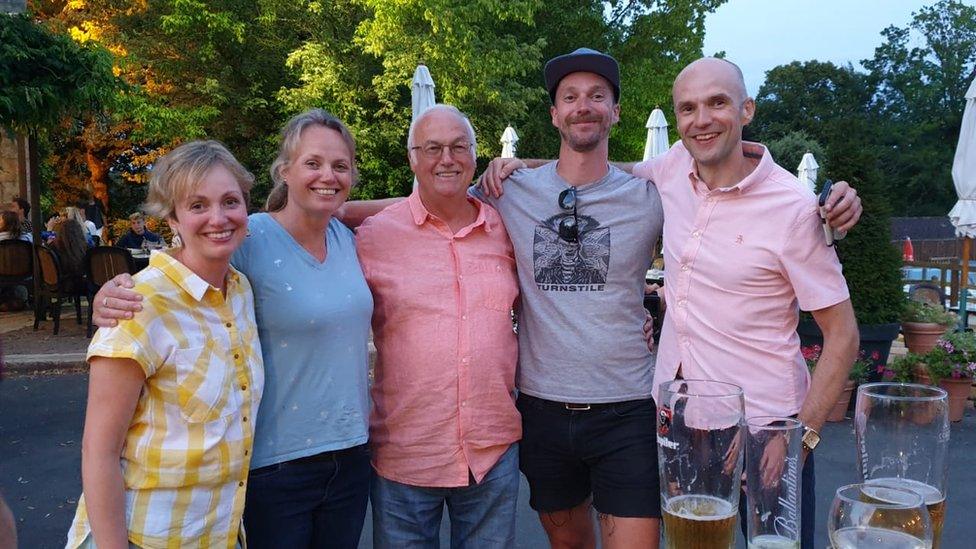
- Published3 July 2021
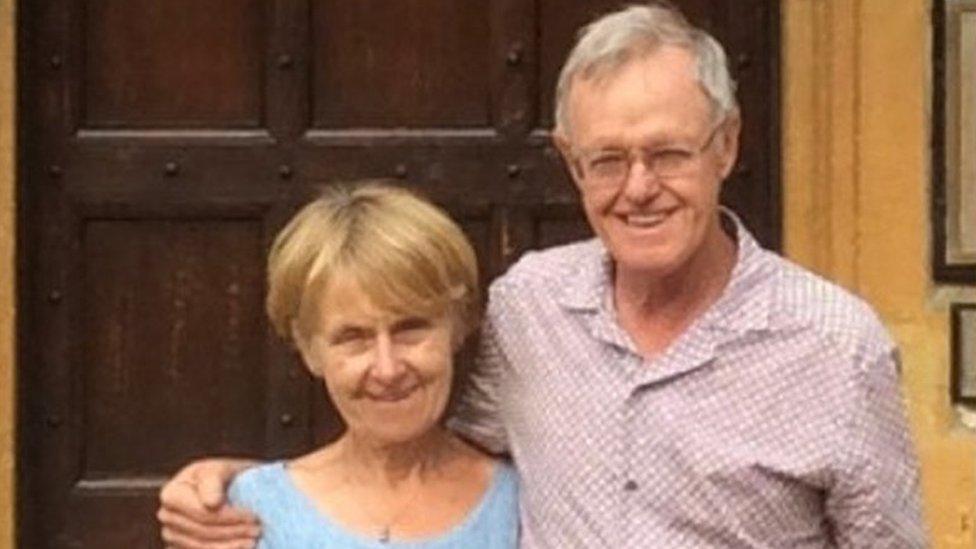
- Published29 March 2021
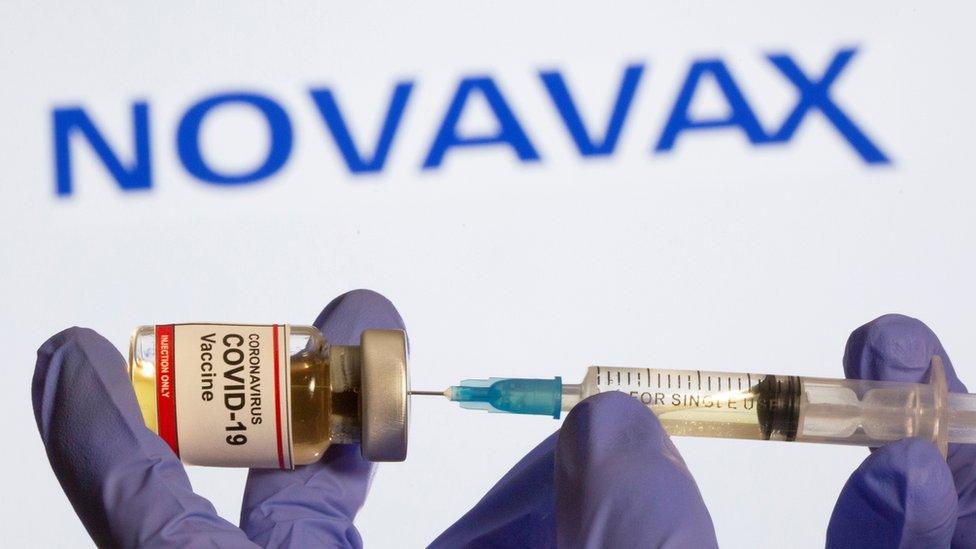
- Published29 January 2021
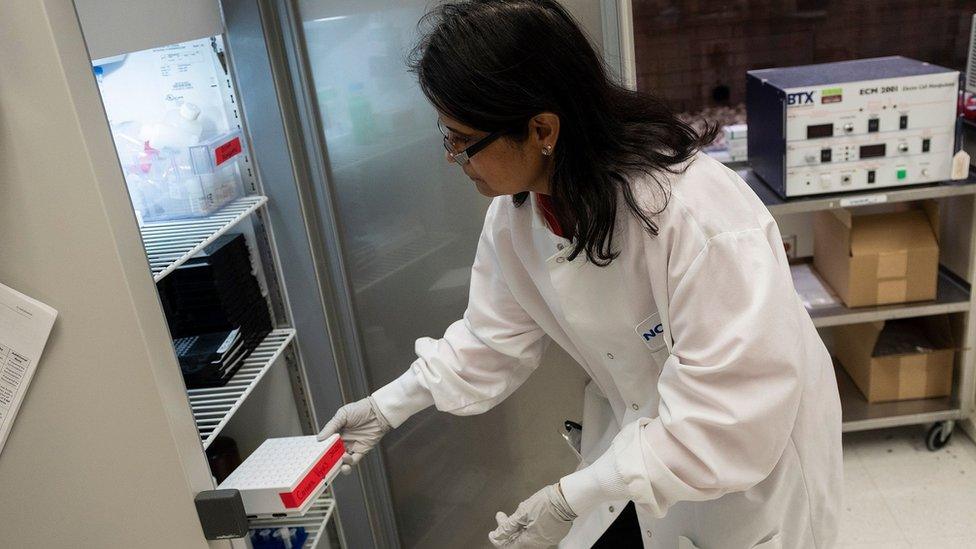
- Published29 January 2021
